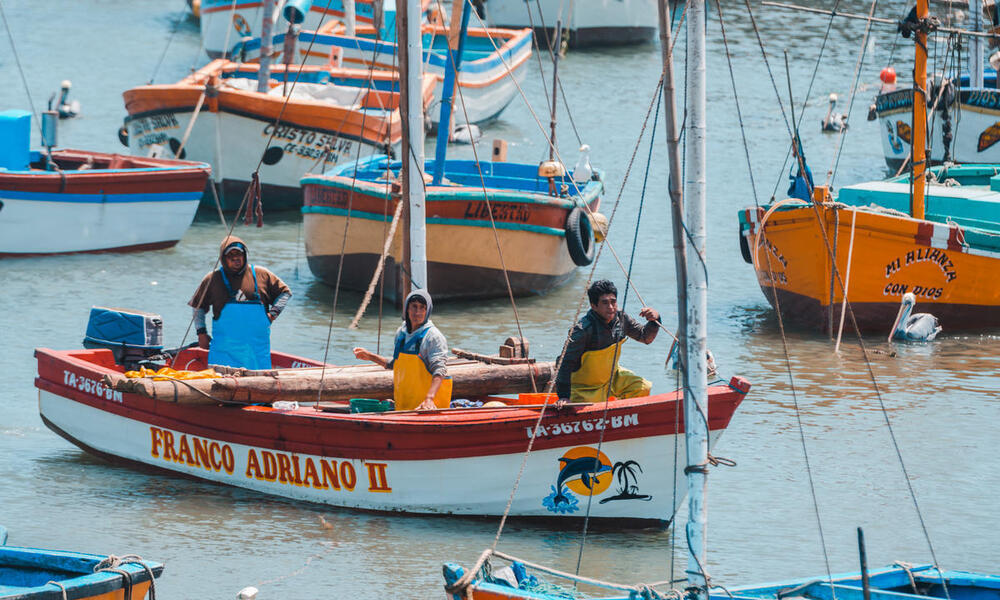Pathway Description
There is growing international recognition of, and interest in, the distinctive contributions of
the knowledge of indigenous peoples and other communities to the realization of various
international objectives, such as the conservation and sustainable use of the ocean, the
protection of health and the availability of food. That said, “modern” or “western” science
still tends to marginalize the knowledge of indigenous peoples and local communities, even if
much “modern” science can be said to derive from communities’ knowledge (Vermeylen, S.,
Martin, G., and Clift, R., 2008, ‘Intellectual Property, Rights Systems and the Assemblage of
Local Knowledge Systems’, 15 International Journal of Cultural Property 201–21.).
What you’ll learn
-
What is local ecological knowledge?
-
How important is indigenous knowledge to the science of oceanography?
- Practical examples of how local knowledge has been used in projects and programmes.
NOTE that you need not complete the entire learning pathway in one lesson.
Learning Outcomes
NOTE It is up to the learner to measure their progress against the learning outcomes indicated below. There will be no facilitated assessments of the same.
By the end of this course you should be able to do the following :
- Explain what local knowledge is and why it should be valued.
- Quote stories of change on how privileging local knowledge has helped improve the impact of projects/programmes focussing on oceans.
Pathway Content
Module 1 MODULE 1: INTRODUCTION - WHAT IS LOCAL KNOWLEDGE?
This module introduces you to the concept of local knowledge: What it is? What it is not/ and Why is it valued?
Module 2 MODULE 2: WHY IS LOCAL KNOWLEDGE IMPORTANT IN OCEAN GOVERNANCE?
Indigenous and local peoples are often well positioned to observe and understand local ecosystems. The resources in this module help to understand why local knowledge is important to oceanography.
Module 3 MODULE 3: HOW IS INDIGENOUS KNOWLEDGE BEING PRIORITISED IN OCEAN GOVERNANCE
Examples from the field on how indigenous knowledge is being used and prioritised
Module 4 MODULE 4: UNESCOs Local and Indigenous Knowledge Systems (LINKS) programme?
The Local and Indigenous Knowledge Systems (LINKS) programme works to enhance the recognition and use of indigenous knowledge within biodiversity assessments.
Module 5 MODULE 5: FURTHER READING
More curated resources on the topic of learning from local knowledge and its role in ocean science
Start Learning Pathway